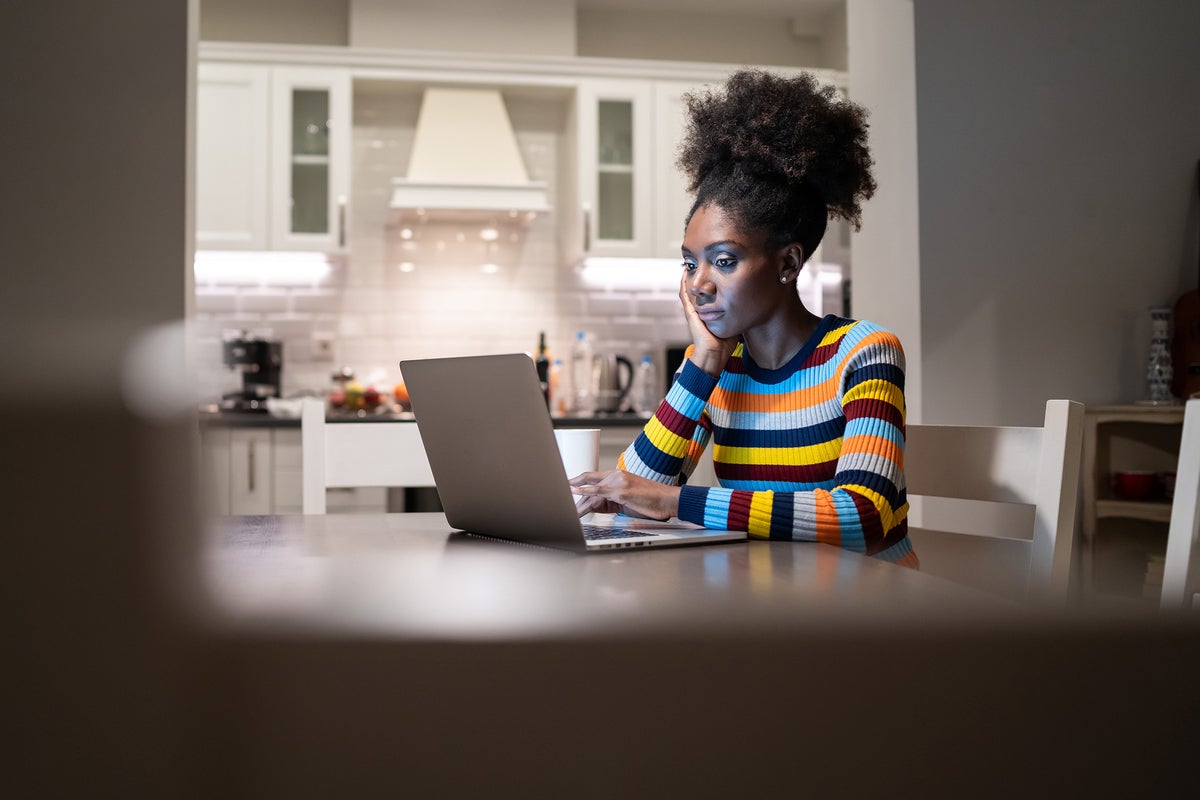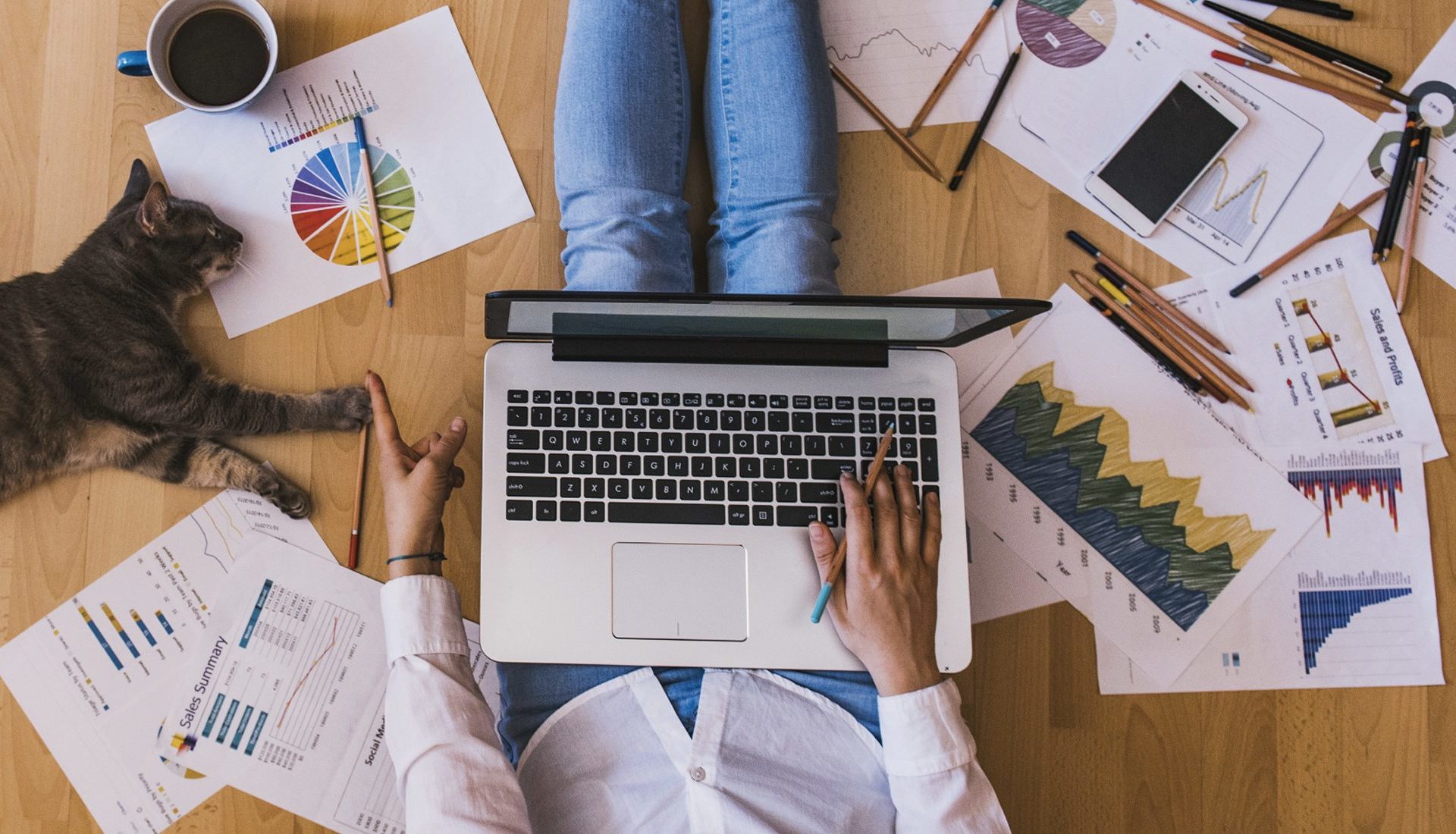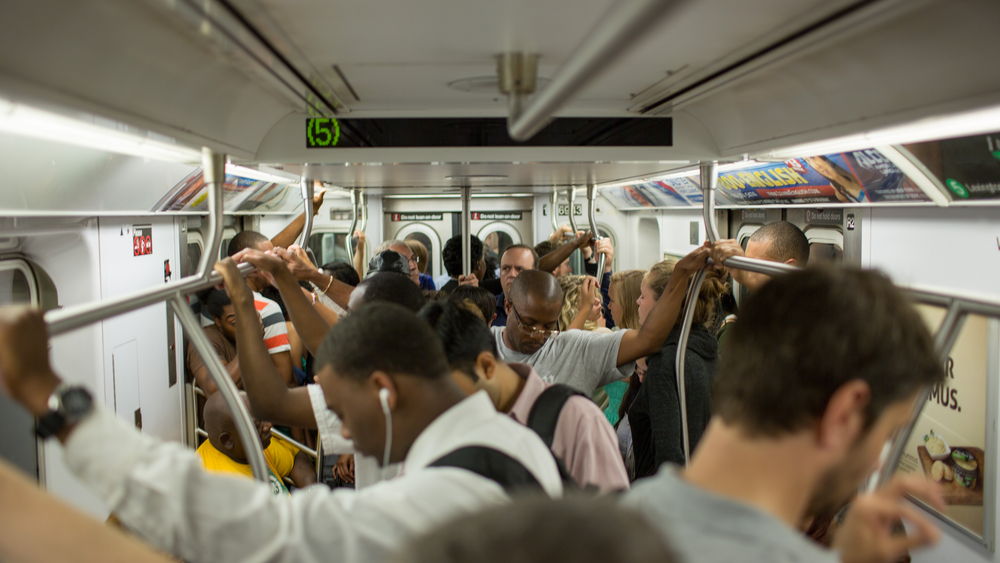As humanity comes to redefine its social structures in the wake of a global shakeup, the concept of a 9-5 adulthood might be blinking out of existence.
Throughout history there have been pockets of time where people have unwittingly become part of a social experiment. In ancient Sparta, society asked what would happen if every person was trained in the art of battle from birth. The Indus civilisation asked what would happen if there was no war. In the 20th century, we asked what would happen if the whole world was at war.
Now, in 2020, we’re seeing the first ever run through of a world in isolation. Covid-19 has asked us what would happen if we ran the entire world from our respective living rooms. Can we make relationships, culture, and the economy digital?
Covid-19 has necessitated us to carry out literally every aspect of our daily lives from home. In places like France, where lockdown regulations necessitate people venturing outside to have a permit, all shopping, social interaction, and all work must be done in our homes.
And, actually? It’s going pretty well. Remote working tools such as Slack, Zoom, and Trello, that erstwhile lay in wait for the inevitable evolution of digital work flexibility, have taken centre stage in the forced transition to remote structuring, and they’ve proven more than up to the task.
‘We are fully prepared for this situation,’ a spokesperson for Slack, which makes a chat software popular with businesses, told The Guardian. ‘For now, we are focused on helping people around the world adapt to remote work with free resources.’ Good as their word, Slack has been hosting free consultations for companies of any size adapting to remote work for the first time.


Old-world companies that previously wouldn’t dream of forsaking the face-to-face aspect of their businesses have been dragged kicking and screaming into a 21st century workplace revolution and have found the transition surprisingly smooth – even ancient professions, like medicine and jurisprudence, are coping through online consultations. The most ancient profession (sex work) has lived primarily online for years now.
And remember, this is a mere two months after most of the world went into lockdown.
Of course, some sectors are struggling with the change more than others, with hospitality, live entertainment, and retail understandably the hardest hit. But even these industries are finding work arounds. Our beloved yet temporarily departed local watering holes are taking up the challenge of an online market with vigour. London-based brewers Fourpure and Brewdog have both launched their own ‘virtual’ online pub quizzes, whilst Camden Town Brewery and The Queen’s Head have been hosting full online bar experiences complete with drag shows.
Whilst these aren’t exactly profitable ventures, these companies are retaining brand recognition despite losing physical customers, and by publicly fundraising for virus relief funds through ‘virtual tip jars’ (schemes that could easily be flipped to turn profit post lockdown) they’re positively aligning their brand purpose during a time of heightened scrutiny.


Meanwhile, retail giants like Amazon and Asos have already aggregated systems that connect local businesses and suppliers with their sizeable customer bases through their ‘marketplace’ features. Though Amazon’s ethical history makes this victory less punchy, the tech to modernise and connect small businesses is already there, with the COVID-19 crisis set to vastly increase interest in this field.
It seems that the results of our experiment are in: it’s very much possible for humanity to exist and society to function almost solely through technology.
Now, whilst certain aspects of isolation will undoubtedly spring back to normal after the lockdown lifts – socialising is possible online but still a pale imitation; we’re not the chair-bound humans of Wall-E yet – working from home has proved less compensatory than some would have expected, and others would have hoped. Some might even say it’s even panned out for the better.
Long commutes to large office buildings with often cramped and inhospitable working conditions – things that we’d been conditioned to see as a necessary to participating in the capitalist economy – have now evaporated at no real detriment to businesses. As Howard Barnes put it in this article for Work Design Magazine:
If your workplace is multiple floors of an office building in a city centre, with desks for 80 percent of the staff, how will I feel about my commute – squashed in with strangers on the public transport, then what about the surfaces I have to make contact with in stations, in public foyers, lifts, and shared bathrooms. Having arrived in the office, what is my view of the environment? Does it really deliver a higher level of productivity than the home-working routine?
Barnes rightly points out that the fear of crowded spaces and contaminated surfaces will likely be a lasting hangover from the pandemic, making many unwilling to use public transport. The alternative would be mass private commuting, creating congested cities and increasing air pollution. These issues melt away in a flexible working environment.





















